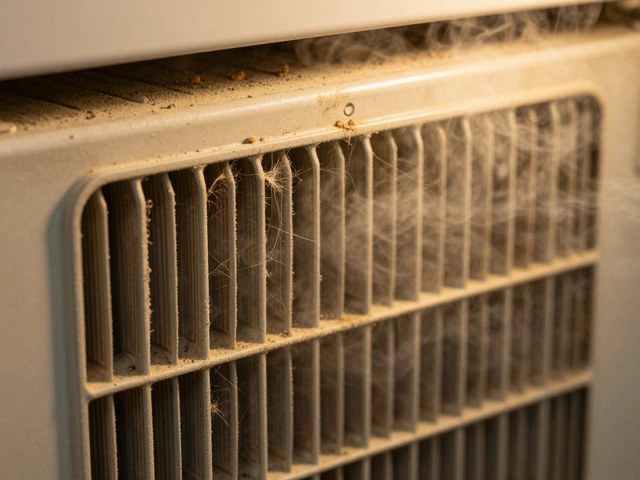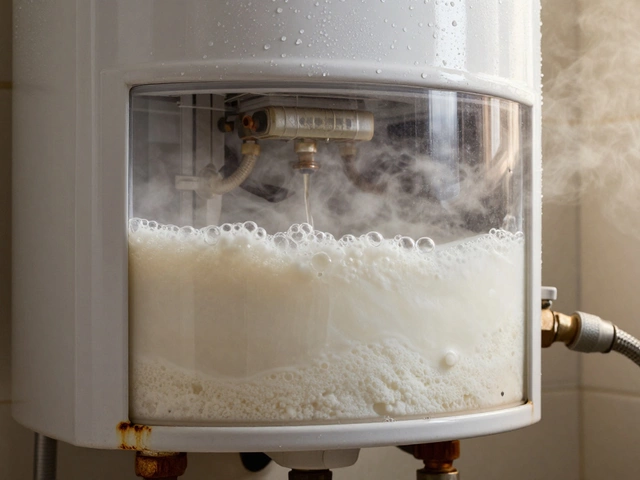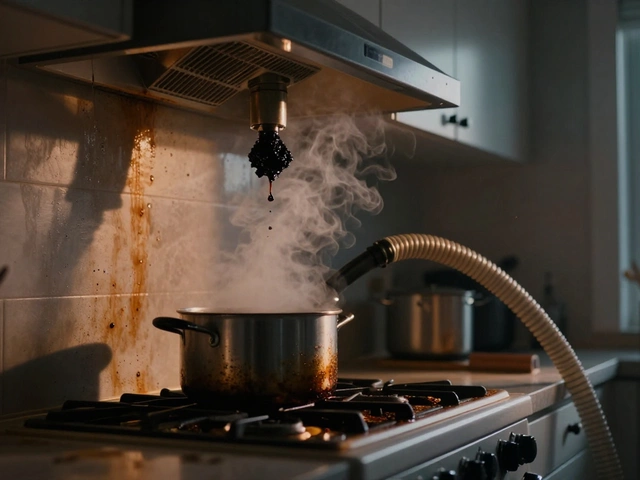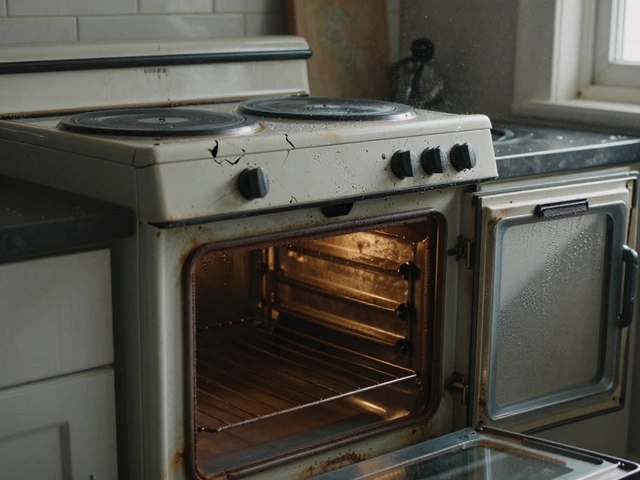You've probably heard a washing machine can either live forever or die the second the warranty expires. Most of us just want the cold, honest truth: how long is a washing machine actually built to last? The answer isn't as simple as “about a decade”—there are wild differences between models, brands, and how you treat them. But there is solid data, and some of it will surprise even people who think they know everything about laundry appliances. Let’s peel back the mystery, bust a few myths, and see how you can squeeze every drop of life out of that humming metal box in your laundry room.
Understanding Average Lifespan: Numbers That Actually Matter
Research from appliance industry groups in the U.S., like the AHAM (Association of Home Appliance Manufacturers), points to the official figure everyone seems to quote: the average lifespan of a modern washing machine is about 10 to 13 years. The trick? That’s just an average. Some machines die after five years while others are still scrubbing socks at seventeen. Actually, Consumer Reports did a survey in 2023 that showed most well-cared-for washers hit about 11 years before succumbing to broken pumps, worn bearings, or rust that finally wins the battle.
Front-loaders (“HE”—high efficiency washers) often get less time on Earth than the classic top-loaders. The big reason is the stress put on drum bearings and the fact that front-loaders are loaded (and sometimes overloaded) with weighty loads. Top-loaders, especially those without tons of electronic bells and whistles, are more likely to run for fifteen years if you give them a bit of attention. In fact, there are reports of certain commercial-grade models going over two decades before biting the dust—and old-school Maytags built in the ‘80s still cranking away in basements to this day. But modern machines trade some durability for slick tech and quieter cycles, so 20 years is no longer typical.
It’s worth noting that brands do matter. While it’s not fair to name and shame, reviews and surveys (from outlets like Wirecutter, Reviewed, and even Reddit’s r/appliances community) often highlight brands like Speed Queen, Miele, and sometimes LG as making machines that outlast their competition. Of course, luck and maintenance still play a huge part—no brand is immune to the occasional lemon. On the other hand, some cheaper machines, especially those with lots of plastic parts and budget electronics, have average lifespans closer to 5 to 8 years. So yes, you get what you pay for, but that’s not the whole story.
One underrated detail: the number of cycles run each week. Industry estimates say families who wash five or more loads per week reach the end of a washer’s life several years faster than light users. You might hear “ten years” and expect a decade, but if you’re running it twice a day, you’re doing the equivalent of 10-15 years’ work in way less time. That’s why single folks or smaller families often find their washer keeps humming way past the “expiration date” seen in the glossy pamphlets. So, if you want a number? Most washers will live 10 to 13 years on average, but with some love and luck, you could squeak out 15 or even 20. And the outliers on either end? They remind us: averages only tell half the story.
Surprising Facts About Washing Machine Longevity
It’s wild just how much misinformation floats around about washing machines—and how much more life you can get from them if you avoid certain mistakes. Did you know the leading cause of washer failure isn’t actually mechanical breakdown, but user habits? Overloading is a brutal machine-killer, slamming bearings and motors with more weight than they’re designed for. Every extra towel or overloaded comforter chips away at years of service. If a machine starts shaking or "walking" during a spin, it’s already suffering more wear than you can see.
Another overlooked culprit is water hardness. Limescale quietly builds up inside, especially around heating elements for those with internal water heaters (think European models). This layer of minerals, invisible at first, causes parts to overheat and wear out faster. Not as exciting as a dramatic pump failure, but much more common. That’s why homes with soft water—either naturally or thanks to a good softener—usually see their washers soldier on a few years longer.
Here’s another thing: it’s not always the electronics that go. Sure, control boards with a million LEDs can get fried by power surges or moisture, but many times it’s humble parts like drum bearings, door seals, or drain pumps that fail first. The reason? These parts take a daily beating, and even the best brand can’t build a bearing that resists the laws of physics forever. The internet is crawling with stories of people who replaced a $40 bearing and got five more years out of the machine—yet many people are told by big-box stores that repairs “aren’t worth it.” Nonsense. Sometimes, a minor repair extends lifespan dramatically, making a washing machine one of most repairable appliances if you’re even a little handy.
Energy and water efficiency push machines harder, too. The drive to use less water and spin clothes drier (for efficiency bragging rights) has squeezed more performance out of every wash. This is awesome for your bills but makes more parts critical to daily function—one failed sensor, and the whole machine stops. Classic ‘90s models were built like tanks, but they poured water away like nobody’s business. Modern ones save energy but need a more delicate touch. The sweet spot is finding a model with a durable, simple design that doesn't sacrifice every ounce of reliability for one extra washing program you’ll never use.
Last fact that shocks a lot of folks: ignoring the instructions—even just loading type or using too much detergent—can shorten lifespan by years. HE washers, for example, hate the old habit of pouring in a mound of sudsy powder. Too much soap leaves scummy residue inside, clogs crucial hoses, and creates a breeding ground for mold. The nastiest cases? Machines aren’t dying mechanically—they’re being choked by goop left by well-meaning but misinformed users. So, reading that little instruction book, at least once, is truly worth the few minutes.
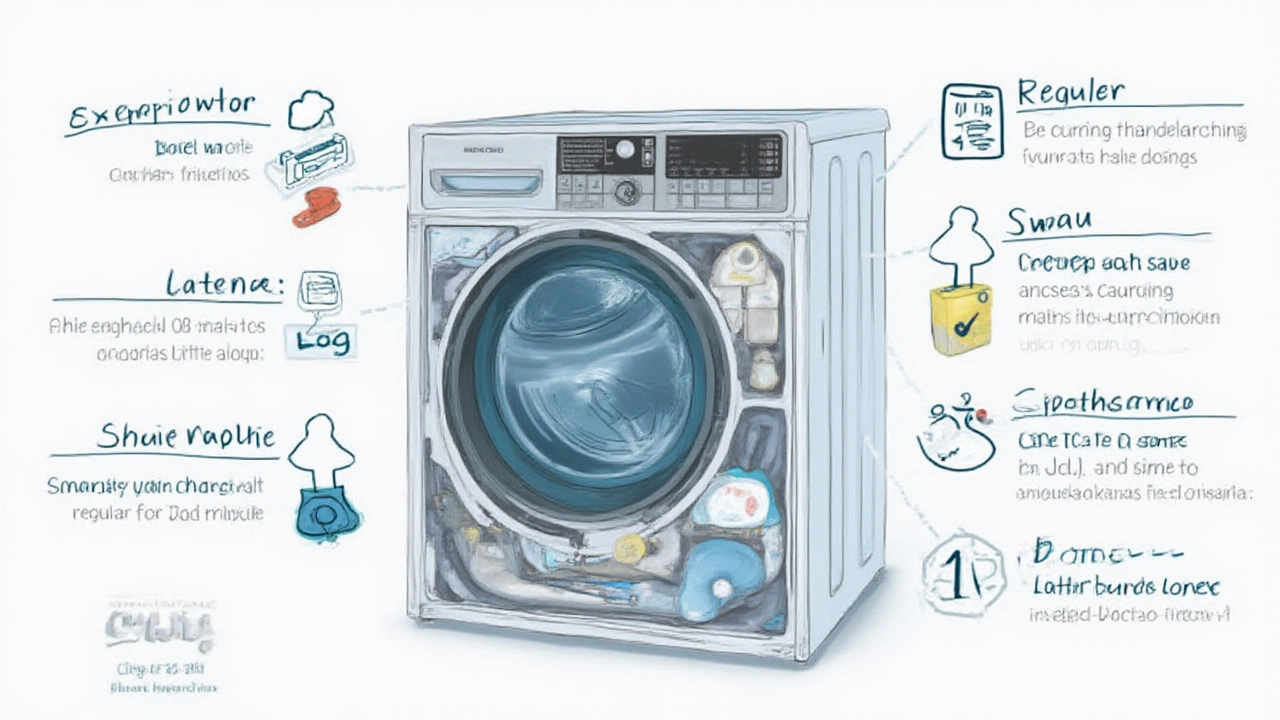
What Affects Your Washing Machine’s Lifespan?
You hear a lot about “taking care” of your appliances, but what does that mean for a washer? Well, a few habits—and a handful of overlooked details—have a massive impact. Top of the list? The size and frequency of your loads. Slamming every wash with king-size comforters or packing it to the brim strains everything from the tub to the electric motor. If you can see that drum struggling to turn, just know it’s quietly shaving years off its life. Keeping loads balanced and at a sensible size does way more for longevity than any cleaning hack.
Speaking of cleaning: routine maintenance is probably the closest thing to a washing machine fountain of youth. Modern washers, especially front-loaders, are notorious for growing mold or mildew in door seals, detergent drawers, and hoses. Running a monthly “empty hot wash” with a little vinegar or a washing machine cleaning tablet can keep things clean and fresh—and, ultimately, avoid breakdowns caused by gunked-up sensors or valves. Plus, leaving the door and detergent drawer open for a few hours after a cycle really helps dry out lingering moisture (which bacteria love).
Location matters more than most realize. Sticking your washer in a damp, cold basement invites rust around the base and electrical connectors. Unheated garages or laundry rooms with temperature swings are also rough on rubber seals and connectors. If you can avoid those spots—or at least use a small dehumidifier—you’ll get a few extra years, no question. Vibration is another silent killer: washers crammed into unlevel floors or wedged into tight closets rattle themselves to death much faster. Level those feet. It’s a five-minute job with a wrench or even just hand strength, and you’ll feel the difference during every spin cycle.
A lot of people forget about water supply quality, too. Running a washer with no inlet filters or without occasionally checking for sediment—especially if you’re on well water—can lead to blocked valves or internal parts wearing out well before their time. Another sneaky problem is surges or brownouts. Appliances these days run on sensitive boards that aren’t fans of stormy days or unreliable power. If your area has lots of outages or wild voltage swings, a cheap surge protector made for washers or large appliances can prevent a costly failure.
Want your washer to really last? Check hoses once a year for cracks or bulges—a $20 replacement can save not only the machine but also your laundry room from expensive flooding drama. And even if a part goes bad, don’t be too quick to write off the whole washer. Many repairs (drain pumps, valves, belts, even bearings) are surprisingly affordable, especially compared to buying a brand-new machine. With a little gumption (and YouTube), even a non-handyman can pull off a fix.
And speaking of the all-important electronics: keep that control panel dry. Wipe up detergent spills quickly, avoid letting water run down behind the console, and don’t store heavy bottles on top—vibration can knock loose connections over time.
Tips to Extend the Lifespan of Your Washing Machine
If reading about all the ways washers can die has you worried, there’s plenty you can do—starting today—to grab those extra years that make upgrading your machine your choice, not a last-minute scramble. Here’s a quick rundown of proven habits (and a couple insider tricks) that will outsmart early breakdowns:
- washing machine lifespan is improved if you don’t overload each cycle. Follow the manufacturer’s basic fill recommendations and listen when the user manual says, “leave some space at the top.”
- Switch to high-efficiency (HE) detergent if you have a newer HE washer, and always use much less than you think. Extra suds don’t mean cleaner laundry—they mean clogs and residue.
- Run one self-clean or hot empty cycle each month with a washer cleaner or just white vinegar. Pay attention to door seals and detergent drawers—they’re mold magnets.
- Check and clean inlet screens and hoses annually. Replace hoses at the first sign of aging, and spring for stainless steel braided hoses if you can—they outlast regular rubber lines.
- If you live in a hard water area, consider a water softener or run a descaling cycle every couple of months. This staves off limescale and keeps internals in better shape.
- Level your washing machine so spins don’t turn into noisy dance parties. Shims and wrench adjustments are cheap and quick. The quieter your washer, the less stress on the frame and motor.
- Avoid pouring detergent directly onto clothes. Pour it in the designated drawer or area. Direct contact can “burn” fabrics and accelerate wear on internal parts.
- Keep the area around your washer tidy. Buildup of laundry lint, spilled detergent, or dust can find its way into intakes or outlets and cause issues that seem to appear from nowhere.
- Unplug the washer during long vacations or storms. Unusual power events kill washers just as fast as mechanical issues.
- Read the actual manual. Even experienced owners skip this, but those last few pages often have “secret” care steps tailored to that machine’s quirks.
Some folks still run ancient washers, but if yours is on the fritz and repairs keep adding up, know when to walk away. A new machine—treated well from day one—will almost always beat out an endless chain of patch jobs on a terminally rusted thirty-year-old relic. With a few easy tweaks to habits and maintenance, though, your next washer might actually meet, or even beat, those “average lifespan” stats.

